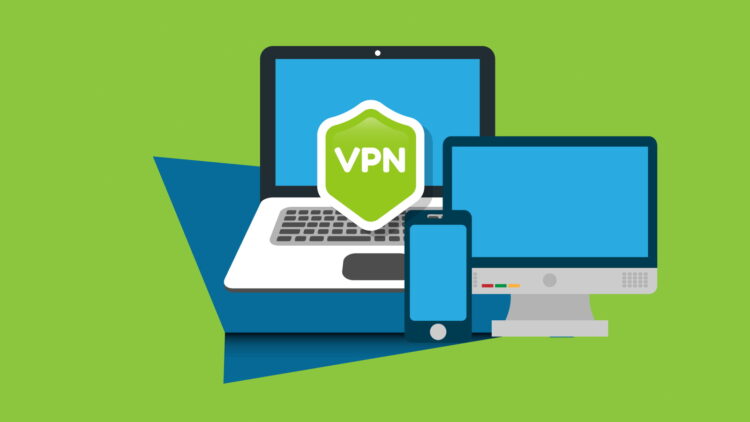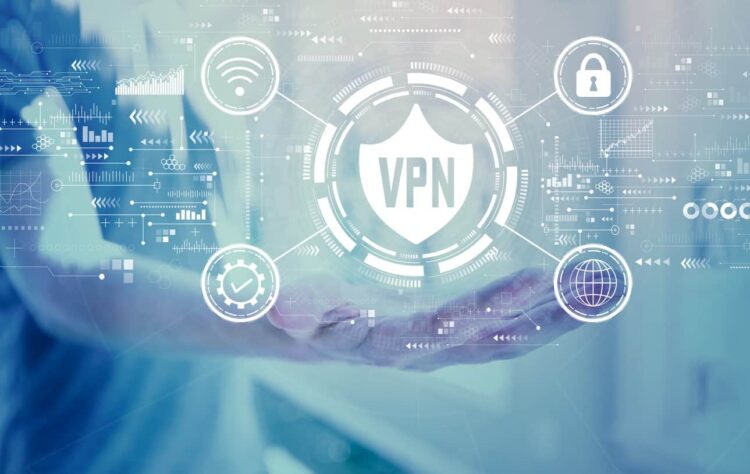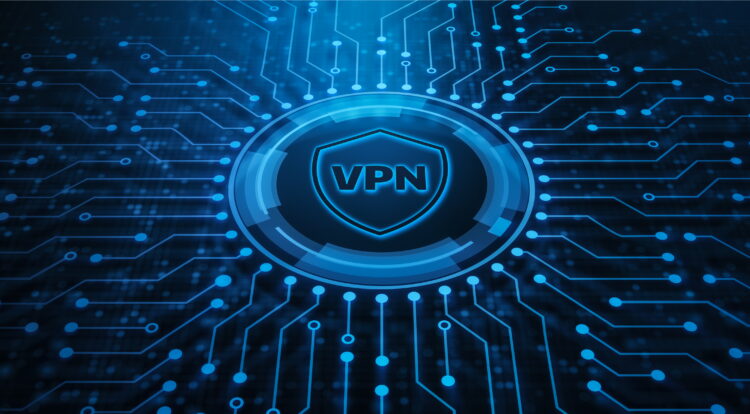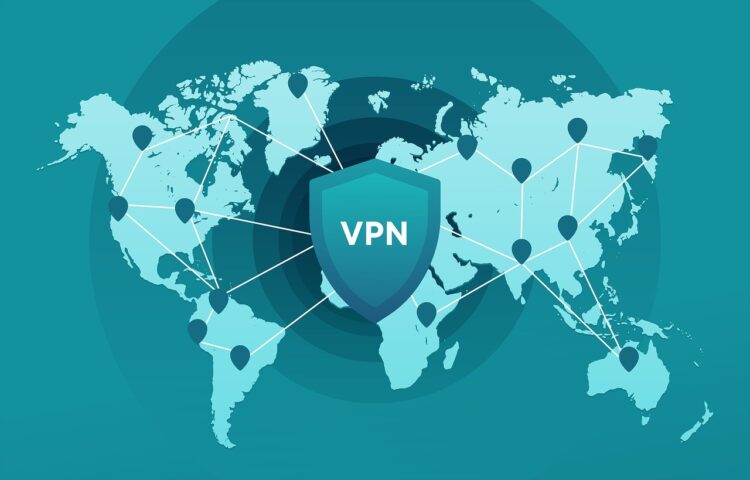If you’re confused about the differences between VPNs and proxies, you’re not alone. While both solutions offer Internet security and privacy, they were born and raised to provide different types of solutions. Although VPNs were designed to link two geographically distant computers, proxies were meant to centralize all requests and responses in complex distributed networks. As a result, each solution offers different levels of privacy and security. In this article, we’ll break down the top 7 key differences between VPNs and proxies and help you determine which solution is best for your needs.
1. Different Prices

Whether it’s through selling your data or other questionable methods, free VPN and proxy providers often cut corners when it comes to security and privacy. This can lead to compromised data and personal information, ultimately defeating the purpose of using a VPN or proxy in the first place. These days, 68% of Americans use VPNs. While free options may sound enticing, it’s crucial to invest in a reputable VPN or proxy service that values your privacy and takes necessary measures to protect it. It’s important to consider your needs and budget before choosing between a VPN and a proxy.
2. Proxies Are Better Suited for Hiding Traffic

Another significant distinction between the two is the layer of the OSI model they operate on. If you are wondering how a VPN protect you, keep in mind that virtual private network protocols work at layer 3, meaning they take your entire traffic and encrypt it for added safety. This is why VeePN and other similar services are quite secure.. Once the VPN tunnel is established, it operates just like any network interface. Proxies, on the other hand, operate at layer 7, giving users more flexibility in selectively routing their traffic. With the exception of SOCKS5, which operates on layer 5, proxies work on the application layer, this website will help you to find out more about VPN protection
3. VPNs Encrypt Data

The main VPN benefit is that, due to encryption, it offers an unprecedented level of security and privacy that is hard to match. Although some might argue that VPNs are still susceptible to hacking or data interception, the encrypted tunnel ensures that any intercepted data would be unreadable.
If you want total privacy and peace of mind, consider working with a VPN provider that has a no-log policy. This means that your browsing data will not be recorded or stored by the provider, ensuring that your online activities remain private and secure. To make sure your online activities stay secure, it’s always a good idea to go with a VPN provider that has a no-log policy.
4. Proxies Allow for a Higher Speed
Proxies and VPNs are often compared, but it’s important to recognize that their intended purposes and security mechanisms are vastly different. Proxies were created to centralize and simplify network requests, without the encryption overhead that a regular VPN for browsers requires. Consequently, proxies are generally faster and more efficient at forwarding requests. The simplest type of proxy, a tunneling proxy, doesn’t modify requests and responses. In contrast, anonymous proxies obscure the original request of the source to the destination resource. Some proxy services even employ caching systems to further improve website load times and data retrieval. Overall, while VPNs prioritize security, proxies prioritize speed and efficiency.
5. Torrenting Capabilities

For those who frequently torrent, using a VPN or proxy is essential to ensure both privacy and security. However, there is a tradeoff when it comes to speed and performance. In the case of VPNs, while all data outgoing through HTTP protocols must be encrypted, this can lead to a decrease in speed while torrenting. On the other hand, proxies do not hide P2P ports and applications, which means they can be detected by ISPs and governments. Ultimately, the choice between VPNs and proxies comes down to a personal preference between speed and security. According to statistics, 16% of people use VPNs for torrenting. Those who prioritize speed above all else may prefer a proxy, while those who value privacy and security should opt for a VPN to ensure complete encryption of their traffic.
6. Usage Cases
VPNs have become a go-to solution for browsing the web without revealing your location. However, corporations face a different challenge – they need to collect massive amounts of data to gain insights into their clients’ behavior. To make this happen, businesses must adopt innovative solutions. For instance, a proxy server provides multiple users with access while monitoring their traffic. By using them, companies can ensure that their security policies are being followed, making them a superb solution for collecting vast amounts of data securely.
7. Connectivity Issues

Whether you’re working remotely, streaming your favorite shows, or catching up with loved ones, interruptions in your connection can be a major source of frustration. While proxies can be helpful in certain situations, they’re simply not reliable enough to depend on. VPNs, on the other hand, offer a level of stability and continuity that proxies can’t match. For extra information on virtual private networks, see this page to learn more about their functionality. No matter where you are or what you’re doing online, a VPN ensures that your connection remains strong and secure.
Which Option is Better?

The choice between the two depends on your needs, budget, and use case. Although both options provide access to restricted content, it’s important to note that a free proxy and low-quality VPN extension can be risky in terms of security. If security is your top concern and you have the budget for it, VPNs are the way to go. However, if you’re only looking to mask your IP address from one source and cost is a major factor, a proxy is the better option. Keep in mind that proxy servers are ideal for personal use and smaller tasks. For commercial purposes, VPNs are the better choice since they provide a larger network and are easier to use.
To sum up, VPNs have become synonymous with online privacy due to their encryption mechanisms that keep data hidden and safe from prying eyes. However, premium proxy services have also become a popular alternative because they too offer privacy without the encryption overhead that can slow things down. Ultimately, the choice between them comes down to your specific needs and what you’re willing to spend. VPNs offer web browsing protection but can be slow for heavy data applications. Meanwhile, proxies provide speed and performance for particular applications like streaming and web scraping. The key is to choose which one works best for you.
